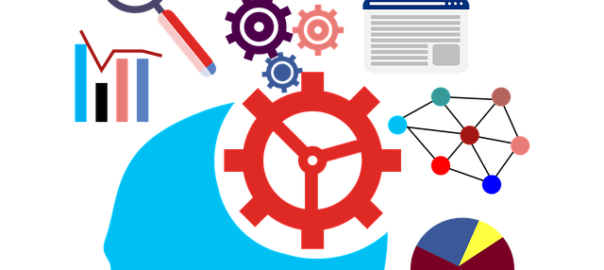The 2024 MTV Video Music Awards (VMAs) transformed the viewing experience with a growing partnership between Paramount Global and Shopsense AI. This collaboration enabled real-time shopping of outfits and designer looks featured during the awards show, and marked a significant shift in content monetization for legacy media companies.

Shopsense’s AI-powered lens allowed viewers to snap photos of outfits during the show, browse similar items suggested by their product recognition algorithm, and make purchases directly from their phones. This seamless shopping experience was designed to enhance engagement and for users to “go through that shopping journey without pausing the content” according to Shopsense’s co-founder and president Bryan Quinn in an interview with CNBC.
In the age of streaming, as traditional TV advertising revenues decline, media companies like Paramount are looking for innovative solutions to boost profits. This new live shopping feature is expected to drive consumer engagement and conversion rates during high-profile events like the VMAs. As the AI continues to improve, it is predicted that this trend will proliferate with other media giants like Disney exploring similar shoppable ad formats.
Retailers including Macy’s, Nordstrom, and Urban Outfitters are leveraging this partnership to capture consumer interest at the moment they’re inspired by what they see on TV. The approach capitalizes on impulse buying, offering curated collections and lookalikes at various price points. As AI continues to transform the advertising and retail sectors, live shopping represents a growing trend that blends entertainment and commerce. This partnership could shape the future of shopping by turning live television into an interactive retail experience.

